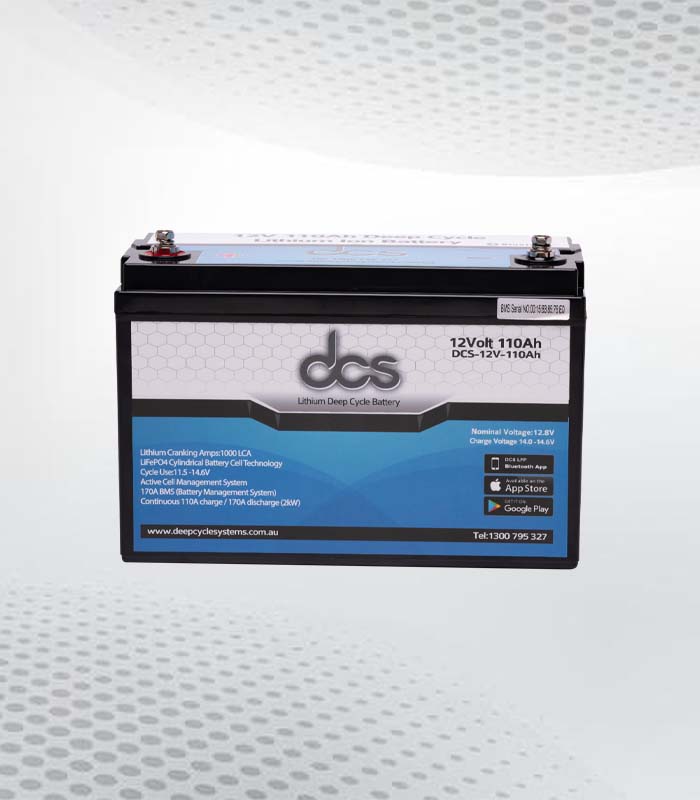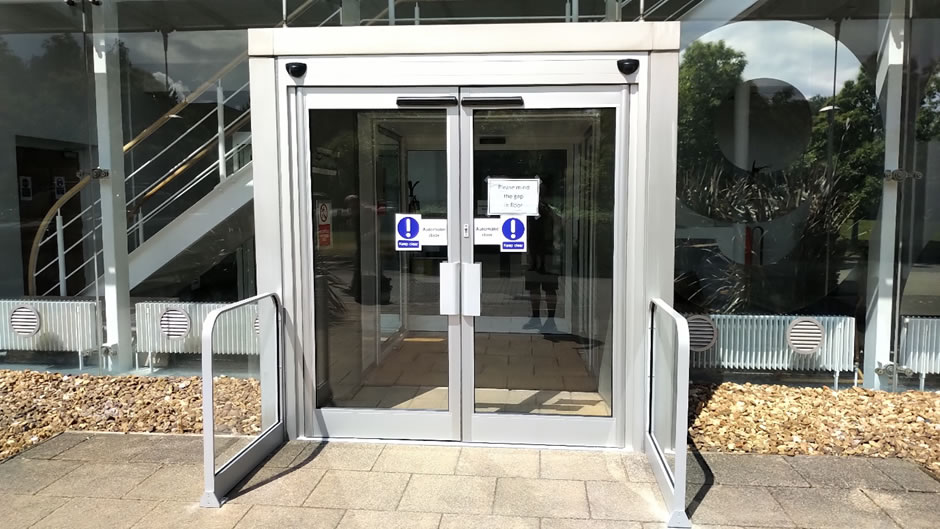When you’re out in the wilderness, immersed in nature’s beauty, the last thing you want to worry about is whether your deep cycle camper battery has enough juice to power your adventures. Deep-cycle batteries are the unsung heroes of camping trips. They provide reliable energy for lights, appliances, and other essential gear that make outdoor living comfortable. Whether you’re a seasoned camper or just starting, let’s dive into everything you need to know about keeping your deep-cycle camper battery running strong!
Understanding Deep-Cycle Camper Batteries: What You Need to Know
Deep-cycle camper batteries are crucial for off-grid adventures. Unlike standard car batteries, they provide a steady power supply over extended periods. These batteries are designed to be deeply discharged and recharged multiple times, making them perfect for campers who rely on consistent energy while away from traditional power sources. Understanding the types is essential. Lead-acid and lithium-ion are the two options available, each with unique advantages.
Lead-acid batteries are more affordable but heavier, while lithium offers higher efficiency and longer life spans. Battery capacity is measured in amp-hours (Ah), indicating how much energy can be stored. Knowing your camper’s energy needs will help you choose the right battery size. Proper installation plays a significant role, too. Ensure connections are tight and clean to prevent voltage drops or inefficiencies when drawing power during your camping trip.
The Importance of Deep-Cycle Batteries for Your Camping Experience
Deep-cycle camper batteries play a pivotal role in enhancing your camping adventures. They provide reliable power for essential equipment, such as lights, refrigerators, and electronic devices. When you’re out in nature, having access to energy can make all the difference between a comfortable experience and one that’s frustrating. These batteries are designed to be discharged and recharged repeatedly without damaging their lifespan. This makes them ideal for camping trips where you need consistent energy over several days. Unlike standard car batteries that deliver quick bursts of power, deep-cycle batteries offer sustained energy output over longer periods.
A dependable deep-cycle camper battery allows you to enjoy modern comforts while embracing the great outdoors. Whether powering up your Favourite gadgets or ensuring your food stays fresh, these batteries ensure you’re well-equipped for any adventure. Investing time into understanding how they work and how to maintain them is crucial if you want to maximize their performance. With proper care and attention, you’ll extend their life and enhance your overall camping experience significantly. Enjoy every moment under the stars with peace of mind, knowing your power needs are covered!
How to Choose the Right Lithium Battery for Caravan?
Choosing the right lithium battery for caravan enhances your camping experience. Lithium batteries stand out because of their longevity, efficiency, and lightweight design compared to traditional lead-acid options. When selecting a lithium battery, consider its capacity. Look at how much energy you typically consume during trips. This will help determine the size you’ll need. A higher amp-hour rating means more storage but may also mean increased weight.
Next, pay attention to the discharge rate. A good lithium battery should be able to handle high loads without significant performance drops. This is particularly important if you plan on running multiple devices simultaneously. Compatibility with your existing setup should not be overlooked either. Make sure that the voltage matches what your system can handle—most caravans operate on 12V systems.
Research brands and read reviews from fellow campers who have used specific models in real-world situations. Their experiences can provide invaluable insights into reliability and performance over time. With careful consideration of these factors, you are well on your way to choosing an ideal deep-cycle camper battery that meets all your needs while ensuring long-lasting enjoyment in nature’s embrace.
Maintaining Your Deep-Cycle Camper Battery: Tips for Longevity
Taking care of your deep-cycle camper battery is essential to ensure it lasts as long as possible. Regular maintenance can prevent many common issues that lead to premature failure. Start by checking the water levels in your lead-acid batteries. If they are low, add distilled water carefully, ensuring not to overfill them. Keeping terminals clean from corrosion is also crucial; a simple scrub with baking soda and water will do wonders.
Use a smart charger designed specifically for deep-cycle batteries. This helps regulate charging cycles effectively, preventing damage caused by overcharging or undercharging. If you want optimal performance, invest in a quality multi-stage battery charger. Keep an eye on the temperature during storage and operation. Extreme heat or cold can significantly decrease the lifespan of your battery. If you’re storing it for extended periods, disconnect and store it at room temperature when possible.
Consider regular usage patterns—frequent cycling between full charge and partial discharge can help maintain capacity better than letting it sit idle for too long. Using monitoring devices to keep track of voltage levels ensures you’re always aware of its condition. By following these tips consistently, you’ll enhance the longevity and reliability of your deep-cycle camper battery while enjoying countless adventures on the road ahead.
Common Issues with Deep-Cycle Camper Batteries and How to Fix Them
Deep-cycle camper batteries can face several common issues. Recognizing these problems early is essential for their longevity and performance. One frequent issue is salvation. This occurs when lead sulphate crystals form on the battery plates, often due to prolonged inactivity or undercharging. Regular charging and using a smart charger designed for deep-cycle batteries can help prevent this buildup. If you notice salvation has already set in, consider equalizing the battery by temporarily applying a higher voltage charge to break down these crystals.
Another challenge is excessive discharge. Deep-cycle batteries are built to handle draining down more than traditional batteries, but going too low can significantly shorten their lifespan. Ideally, aim to recharge them when they reach around 50% capacity. Investing in a quality battery monitor can keep track of your usage and ensure timely recharges. Overheating also poses a risk during charging cycles, particularly with rapid chargers or if the ambient temperature exceeds recommended levels.
Monitor temperatures closely and avoid charging in direct sunlight or extreme heat conditions. Check for corrosion on terminals regularly, as it significantly hampers performance. Clean any corrosion with a mixture of baking soda and water, followed by thorough rinsing with clean water. By staying vigilant about these potential issues and addressing them promptly, you will greatly enhance the life span of your deep-cycle camper battery, ensuring many memorable adventures ahead without power concerns interrupting your experience.
Benefits of Selecting the 12v Lithium Battery for Caravan
Choosing a 12v lithium battery for caravan has several advantages that can significantly enhance your camping experience.
Lightweight and Compact
One of the biggest benefits of 12v lithium batteries is that they are significantly lighter and more compact than traditional lead-acid batteries. This makes them easier to transport and install in your caravan, allowing for more storage space and a smoother ride while towing.
Longer Lifespan
Lithium batteries have a much longer lifespan than lead-acid batteries, lasting up to 10 times longer. This means less frequent replacements and maintenance, saving you time and money in the long run.
Faster Charging Time
Lithium batteries have a higher charge acceptance rate, meaning they can be charged faster than lead-acid batteries. This allows you to recharge your battery quickly during breaks or when moving.
Higher Energy Density
Lithium batteries have a higher energy density, meaning they can store more energy in a smaller size. This makes them ideal for caravans where space is limited.
More Reliable Performance
Unlike traditional lead-acid batteries, lithium batteries do not experience voltage drops or power loss as they discharge. This results in more consistent and reliable performance throughout their lifespan.
Understanding the Lifespan of Deep-Cycle Camper Batteries
The lifespan of a deep-cycle camper battery is crucial for any camping enthusiast. Typically, these batteries can last anywhere from 4 to 10 years, depending on several factors. Usage patterns play a significant role; frequent discharging and charging cycles can significantly reduce battery life. Temperature also affects how long your battery will last. Extreme heat or cold can cause damage over time. Storing your battery in moderate conditions helps prolong its efficiency.
Regular maintenance is also key. Checking fluid levels and keeping terminals clean are simple yet effective ways to extend your battery’s life span. Investing in quality batteries like lithium options may offer enhanced longevity compared to traditional lead-acid models, making them popular among campers seeking reliability. Ultimately, understanding the nuances of deep-cycle camper batteries enables you to maximize their potential while enjoying unforgettable outdoor adventures.
Optimizing Power Usage with Your Deep-Cycle Camper Battery
Optimizing power usage is essential for getting the most out of your deep-cycle camper battery. Start by being mindful of how you use electrical appliances while camping. Prioritize energy-efficient devices, as they can significantly reduce the load on your battery. Consider using LED lights instead of traditional bulbs. They consume far less power and last much longer, making them an ideal choice for campers looking to extend their battery life.
Additionally, charge devices during off-peak hours when you’re not using heavy equipment or running multiple appliances simultaneously. Another effective strategy is creating a power management plan that regularly monitors your battery levels. This way, you’ll know when to conserve energy or recharge the battery before it gets too low.
Investing in solar panels can also be a game-changer for optimizing energy consumption while exploring nature’s beauty. Harnessing sunlight allows you to recharge without relying solely on external sources. Implementing these strategies and staying aware of how much power you’re pulling from your deep-cycle camper battery will ensure a more enjoyable camping experience with fewer interruptions due to dead batteries.
Conclusion
Extending the life of your deep cycle camper battery is more than just routine maintenance; it’s about enhancing your overall camping experience. By following best practices, you can enjoy many memorable trips without the stress of battery failure. Investing time in understanding your needs ensures you select the right battery for your adventures. Knowledge about power usage and potential issues empowers you to tackle problems before they escalate. Embrace smart charging habits and regular checks to keep everything running smoothly. The joy of a well-powered trip is unmatched when you’re prepared. Exploring options like lithium batteries provides additional benefits, making them an attractive choice for modern campers seeking efficiency and longevity.
FAQs
Understanding the care and maintenance of deep-cycle camper batteries can significantly enhance your camping experience. Here are five frequently asked questions that may help clarify some common concerns.
What is a deep-cycle camper battery?
A deep-cycle camper battery is designed to provide consistent power over extended periods. Unlike regular car batteries that deliver short bursts of energy, they are built for repeated discharge and recharge cycles, making them ideal for powering appliances in RVs or campers.
How long does a lithium battery for caravan last?
The lifespan of a lithium battery for caravan can vary depending on usage and maintenance. If cared for properly, you might expect anywhere from 3 to 10 years of service life.
Can I use my deep-cycle battery while it’s charging?
It’s generally not recommended to use your deep-cycle battery while it’s charging. Doing so may damage the battery or reduce its efficiency. It’s best to wait until the charging process is complete before drawing power from the battery.
What should I do if my deep-cycle camper battery won’t hold a charge?
If your battery isn’t charged, it could be due to salvation or physical damage. First, check connections and clean terminals. If problems persist, consider consulting with an expert who can analyze whether reconditioning or replacing the unit is necessary.
Are lithium batteries better than lead-acid ones for camping?
Lithium batteries tend to have several advantages over traditional lead-acid options: They’re lighter weight, offer deeper discharges without damaging capacity, and typically have longer lifespans, making them an excellent choice for caravanners looking for performance and longevity.
| Related Business Listings |
| Directory Submissions |
| Regional Directory |








